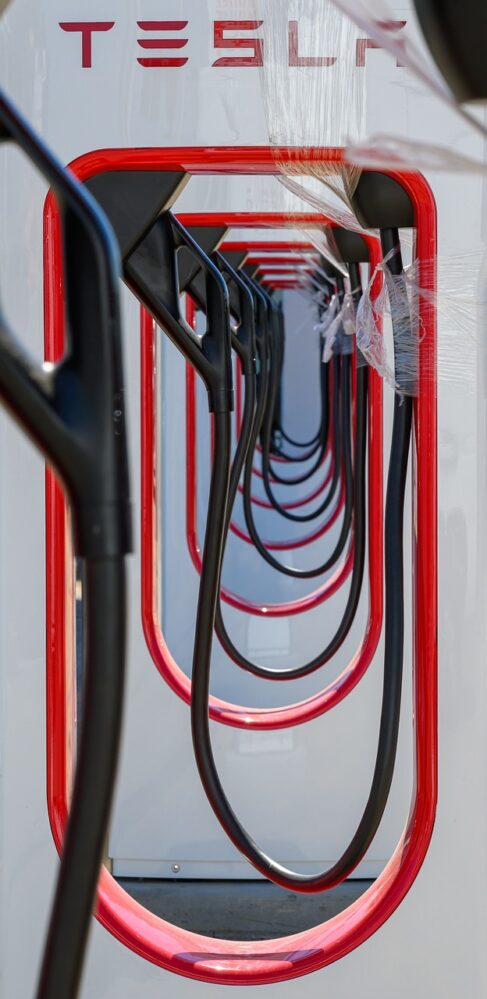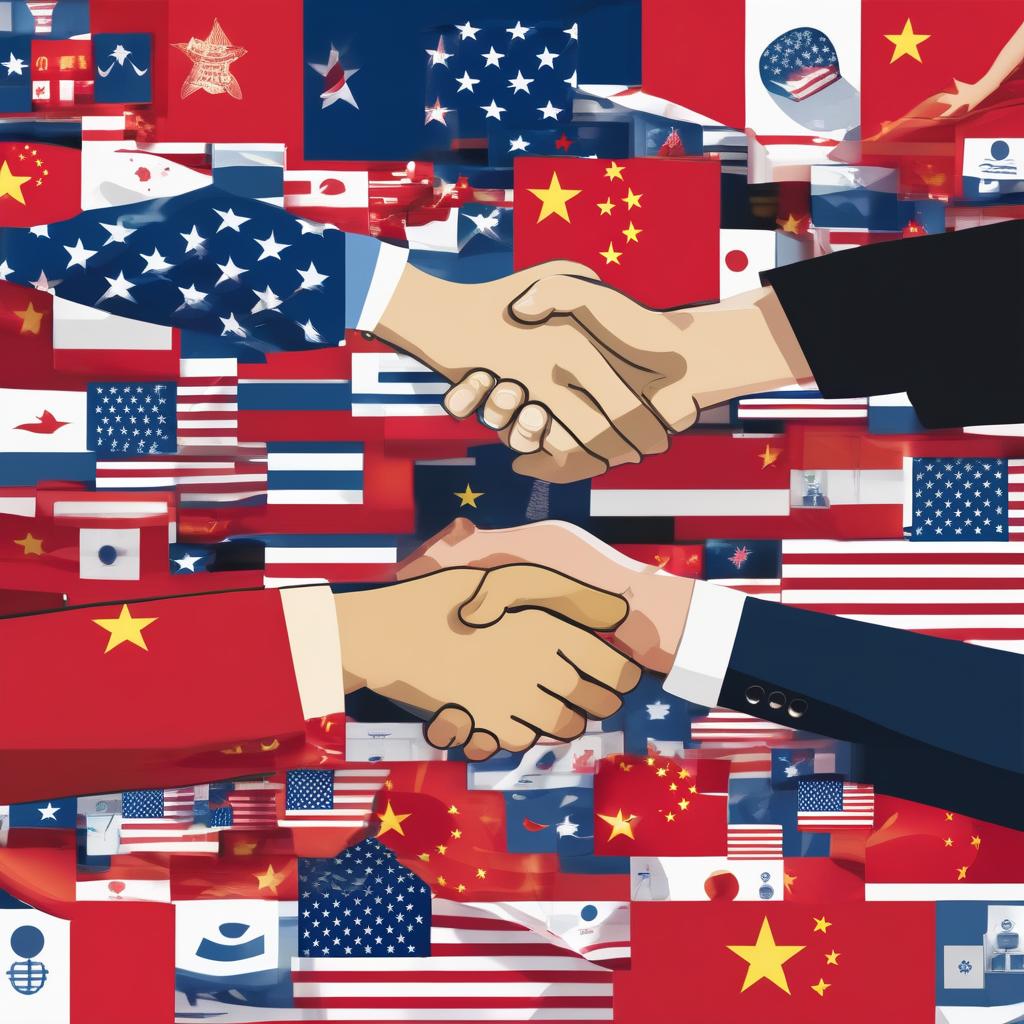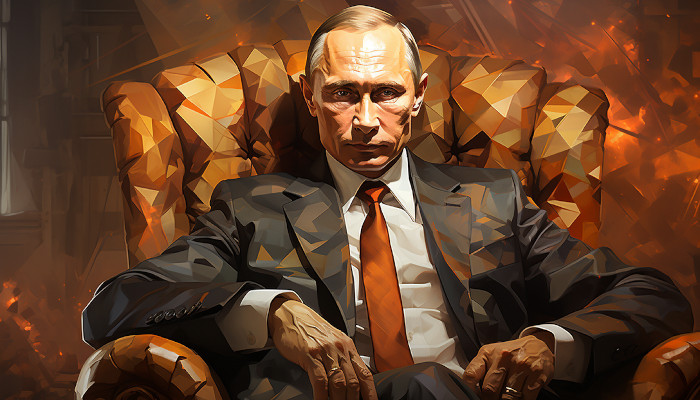
The European Union faces significant challenges in dealing firmly with China’s electric vehicle industry. Predictions suggest that the EU may eventually lower some tariffs or abandon them altogether, highlighting broader difficulties the Union currently faces.
The EU is at a critical historical juncture. The recently published Draghi report argues for increased political integration and stronger industrial policies. They should bolster competitiveness in the face of foreign challenges, mainly from China. While widely welcomed, the report has not yet received substantial political backing to move forward and be implemented. It should receive it in the next few weeks and months, but things are presently confused.
The Union is more divided than ever along party lines (right, center, and left) and state lines. Historically, the EU was led by a strong majority centered around the Popular and Social Democratic parties, supported by a national triangle of Germany, France, and Italy. Both these political and national frameworks have partially crumbled. The Popular-Social Democratic parties now hold only a slim majority.
The right-leaning Italian government did not vote for the current President of the European Commission, Ursula von der Leyen, and is hesitant about many EU policies. Although Poland and Spain have increased their roles, they are not yet part of an organic and proven collaboration.
Poland, Finland, and the Baltic countries have a more assertive stance on the Ukraine war against Russia than other EU countries. Meanwhile, Germany and France have governments under pressure from emerging radical right-wing parties. In this scenario, countries like Hungary are testing the boundaries of the Union, attracted by the prospect of Chinese investment. These investments cannot easily be matched by contributions from other member states or countries less competitive to the EU than China. At the same time, the EU cannot expel Hungary without risking the unraveling of its fragile unity.
Germany, the EU’s economic engine, is in a difficult position. Its automotive industry relies heavily on the Chinese market yet faces being edged out in global markets due to competition from Chinese electric vehicles. This situation forces German automakers to potentially negotiate deals with the Chinese government for market shares in Europe or China.
There are no straightforward solutions. The EU must navigate these complex challenges, and Chinese electric vehicles might find their way through.
The EU has a special relationship with the US. Particularly at this time, the US should step in to assist the EU in finding a better path forward. However, the US is currently focused on its elections, so clarity from Brussels will have to wait until after the November 5 vote.
(Adapted from an interview with Voice of America)









